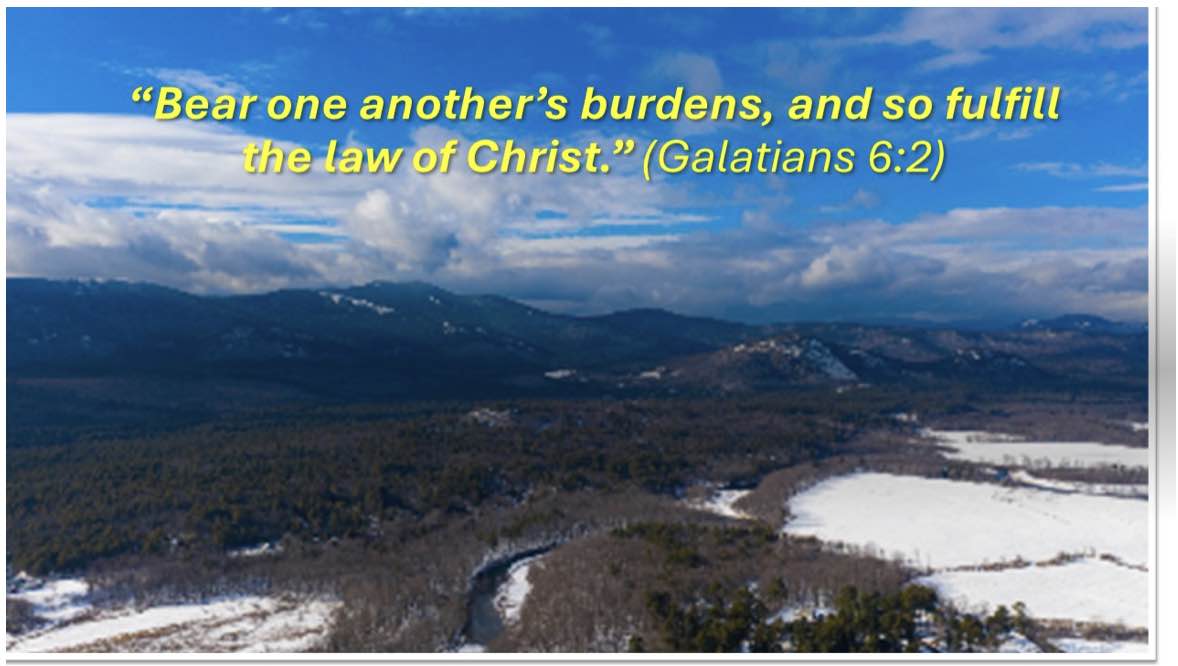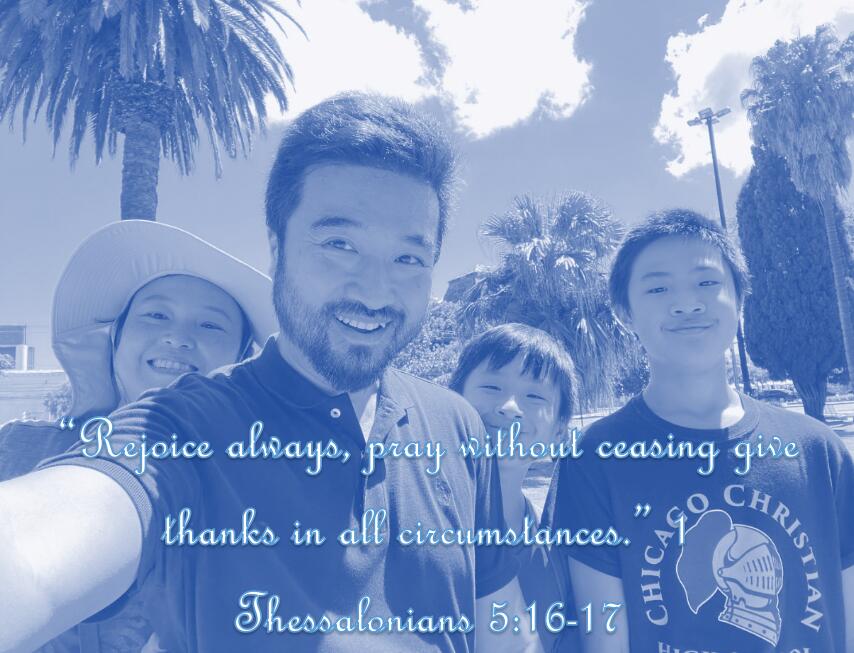
Let me tell you a story that stretches back to the times of Nehemiah, not just about building physical walls but about the heart and soul of a community coming together. Imagine those priestly families, steeped in sacred rituals, stepping into the dust and clamor of construction. This, my friends, is a vivid picture of stepping out in faith, embracing roles we never imagined, just like Jesus encouraged us to shine our light in Matthew 5:16. These families didn’t just lead; they worked alongside everyone, a true testament to leadership through action, reminding us of the unity and peace Paul talked about in Ephesians 4:3.
Their dedication, balancing spiritual and physical labor, echoes through time, showing us the beauty of serving together, reminiscent of Galatians 6:2’s call to carry each other’s burdens. Their story is a powerful reminder to step up, embrace challenges, and build not just structures but stronger, united communities of faith.
On another note, reflecting on Jacob’s journey to reconcile with Esau offers profound insights into family balance. Facing fears, making amends, and humbly seeking reconciliation is a journey marked by humility and hope. This story mirrors the wisdom of Proverbs 16:7, emphasizing that pleasing the LORD can turn even enemies to peace. Jacob’s transformation and eventual reconciliation with Esau highlight the power of God’s love in restoring family bonds, urging us to seek peace and forgiveness within our own families, inspired by 2 Corinthians 5:17.
Lastly, navigating family dynamics often requires patience, a lesson reinforced by James 1:19. It’s about listening more, speaking less, and slowing down anger. This approach, coupled with prayer and reflection, can lead to healthier, more constructive conversations. Embracing forgiveness, as taught by Jesus in Matthew 6:15, is crucial for our own peace and spiritual growth. It’s a journey of understanding, grace, and love that covers all wrongs, as Proverbs 10:12 beautifully states.
Combining these stories and teachings, it’s clear that family balance is about service, unity, reconciliation, patience, and forgiveness. Each narrative, from the dedication of Nehemiah’s communities to Jacob’s humble pursuit of peace and the daily practice of patience and forgiveness, teaches us valuable lessons. Let’s walk in love, forgive generously, and seize every opportunity to reflect God’s love and grace in our family conversations. This is how we build not just a balanced family but a thriving, united community of faith.
We warmly invite you to come to the True Jesus Church’s bi-annual Evangelical Service and Spiritual Convocation. See details below.
18-21 April, 2024 Evangelical Service and Spiritual Convocation
Thursday, 18 April, 2024 6:50PM to 8:10PM
Friday and Saturday, 19-20 April, 2024 9:00AM to 8:10PM
Sunday, 21 April, 2024 9:00AM to 1:00PM
Complimentary lunch and dinner will be served.
Please find our church location below:
4N550 Church Road
Bensenville, IL 60106
Google Maps
For online streaming, please click here.
For regular service hours, please click here.
Email us at ilovejesus@tjc-chicago.org
The story from the Book of Nehemiah highlights the crucial roles of priestly families in rebuilding Jerusalem’s walls, showcasing the importance of community, faith, and leadership in stepping out of comfort zones to serve God and others. It teaches us that true service involves sacrifice and active participation, inspiring us to embrace challenges and work together for the common good, thus strengthening our faith communities.
The essay encapsulates the biblical story of Jacob’s journey towards mending his relationship with his brother Esau, emphasizing the power of humility, forgiveness, and God’s transformative love. It illustrates how true reconciliation requires confronting past mistakes and seeking divine grace, ultimately leading to a legacy of peace and unity within families.
Embracing moments of correction within family life with patience, listening, and the wisdom to hold back immediate responses can significantly improve relationships, guided by the principle of being “quick to listen, slow to speak, and slow to become angry” (James 1:19). This essay highlights the importance of seeking middle ground through love, understanding, and forgiveness, strengthened by prayer and the example of Jesus’ forgiveness, as essential tools for spiritual growth and peaceful family dynamics.






